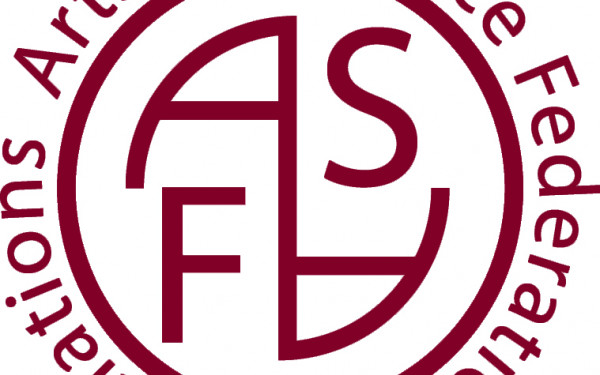The Burden of Budget Cuts
ConU Prepares for Cuts, Considers Options
In response to recent cuts made to Concordia’s operating budget, the school’s administration has reached out to the ConU community in search of solutions to its newfound financial woes.
At a “campus conversation” in the EV Building—one of four held on Jan. 14—Chief Financial Officer Patrick Kelley and interim Provost Lisa Ostiguy outlined the challenges that lay ahead.
Concordia’s budget, they explained, is currently being re-written for the fourth time this fiscal year, as tuition fee battles and a new provincial government resulted in repeated unexpected changes.
With $124-million-dollar cuts to Quebec universities announced in December, Concordia is now faced with $13.2 million in reductions, to be absorbed in the remainder of its 2012-13 fiscal year, which ends April 30.
Dealing With a Deficit
The possibility of running a deficit—the university’s first in three years—looms large.
Kelley explained that Concordia is still waiting to receive an additional $3.4 to $4 million, promised by the provincial government to compensate for the loss of increased tuition fee revenues when the hikes were abolished in September.
“We have yet to see their money,” said Kelley. “The biggest issue we have today is uncertainty.”
Kelley did not downplay the severity of the cuts for Concordia.
“We will have a deficit this year,” he said emphatically. He also forewarned of a “massive increase in pension fund costs,” set to bring further challenges to budgetary planning.
Also in sight is the possibility of additional cuts in 2013-14, which the administration learned of during a recent meeting with the government.
“There’s an expectation that there’s [going to be] a cut next year,” said Ostiguy.
She called December’s cuts “completely unreasonable,” but also noted they were “a reason to rally together.”
Something Has to Give
“We can easily find some places where we could be a little more efficient,” said Ostiguy.
“Everything’s on the table,” she continued, mentioning that academics, research, graduate studies and student aid were areas in which Concordia would try its best to maintain stable funding.
The 20 or so people in attendance were invited to give suggestions as to how the university could bridge the gap.
The most vocal attendees were mainly administrative workers, who suggested efficiencies such as reducing new hirings and instating a voluntary four-day workweek policy.
While more than one participant attributed an overall lack of efficiency to rigid hierarchies within administrative departments, participants also outlined possible sources of additional revenue, such as increased advertising sales—a suggestion that generated debate among attendees.
“We have to make sure we’re not selling our soul to make short-term gains,” said Ostiguy in response to a question about the issue.
In addition to the conversations, which were open to all, Kelley and Ostiguy are also consulting with faculty councils, the libraries, the School of Extended Learning and the School of Graduate Studies to find possible savings.
“We can easily find some places where we could be a little more efficient. Everything’s on the table”
—Lisa Ostiguy, Interim Provost
Moving Forward
Concordia President Alan Shepard told The Link that the revised budget, likely including a deficit, will be presented to the university’s Board of Governors at a special meeting on Jan. 22.
“I don’t like deficits, but I don’t see any other way to cut that much money this late in the game without causing a lot of difficulty,” he said.
In an interview on Jan. 14, Kelley said that due to changes within the Ministère de l’enseignement supérieur, de la recherche, de la science et de la technologie concerning university deficits, the consequences of running one were “unknown at this point.”
Kelley admitted that there were “small reserve funds” that could help, but that he had no clear idea as to the magnitude of a possible deficit.
When asked about long-term approaches and possible future cuts in 2013-14 and beyond, Kelley said, “A university is a university—in order to maintain itself, and stay relevant, it has to change, and it has to keep itself up. You just can’t automatically stop just because you’ve got reductions to deal with,” he said.
“We have to be very judicious and very prioritized in the use of our resources going forward,” Kelley continued. “We have to continue to support the opportunities of faculty hiring wherever we can, and our projects that are of great priority.”
Ostiguy told The Link that “the main reason for the conversations was to reflect our concern and commitment as an administration to getting the word out [and] taking a close look at our priorities.”
Ostiguy said she found many ideas put forth at the talks to be promising—specifically mentioning proposals for reduced workweeks, changes in purchasing contracts and services, revenue-generating ideas and fundraising ideas.
“We have to look at [these ideas] in terms of the feasibility, in terms of what’s gained by them,” she said.




_600_375_90_s_c1.jpg)

_600_375_90_s_c1.jpg)
